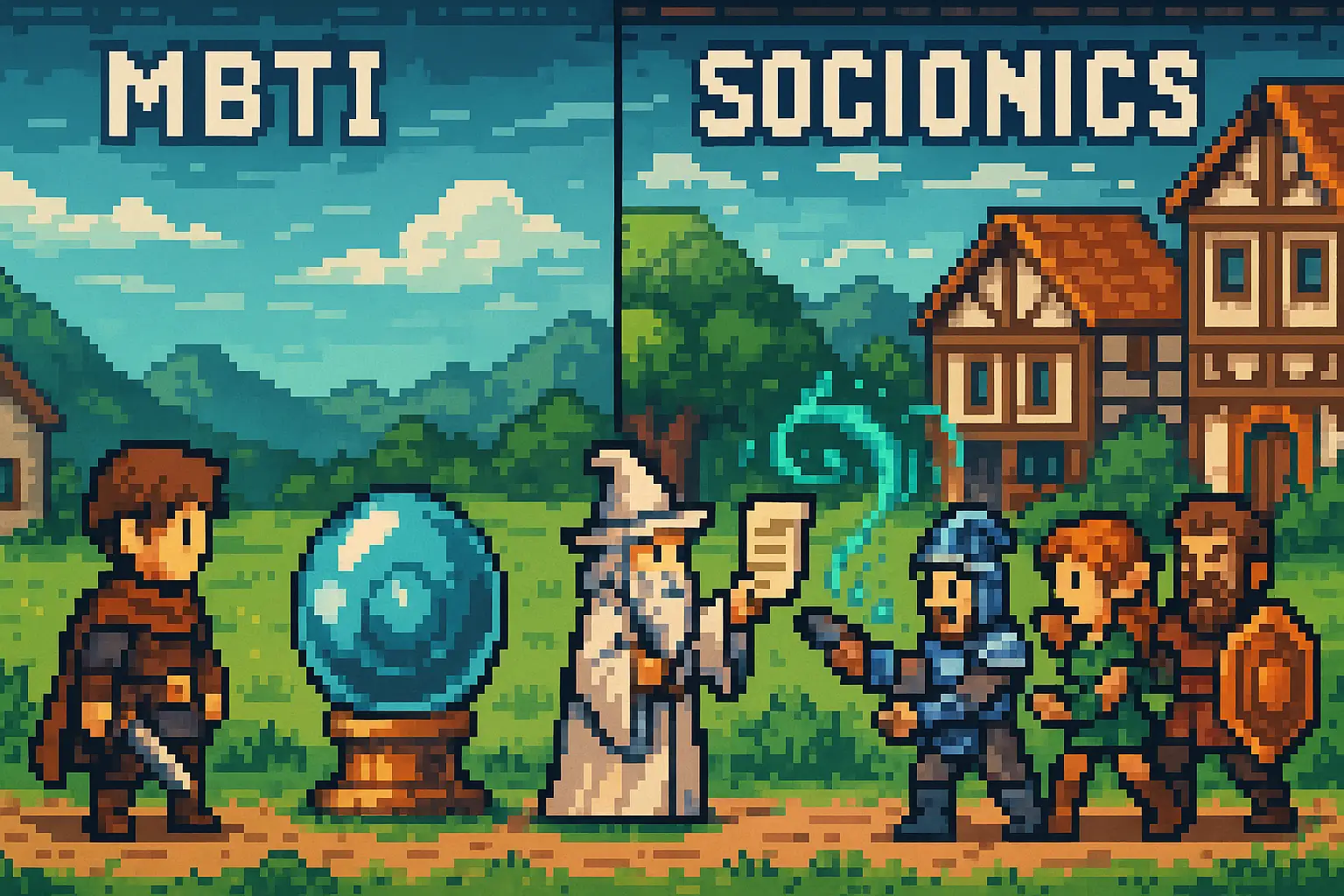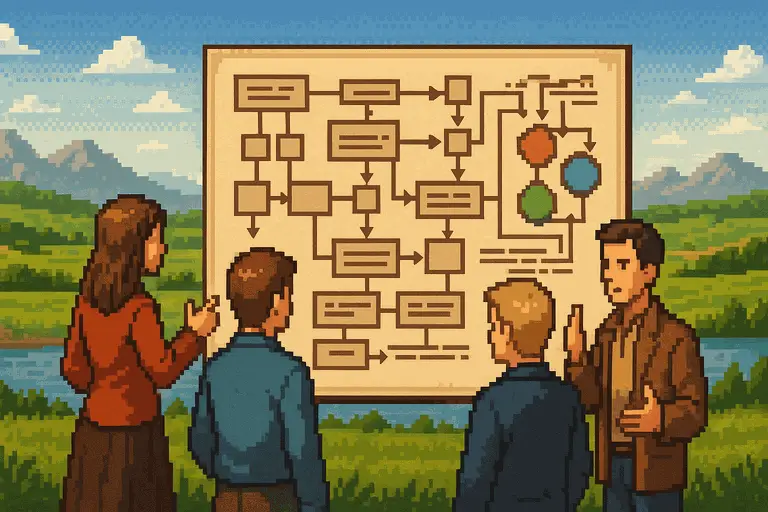The Discovery of “Personality Structures” and “Laws of Compatibility”
— A New Perspective on the Science of Human Relationships —
Socionics has developed as a theoretical framework that explains the structure of the human psyche and the laws of information exchange in society. By doing so, it provides a method for analyzing and predicting patterns of thought and behavior across all levels of human interaction: from individuals (persons) to groups (teams), and even to society as a whole (organizations, nations).
Its origins lie in the work of Aušra Augustinavičiūtė, a Lithuanian philosopher and economist. Drawing inspiration from Jungian psychology, she constructed a systematic theory of human information processing, giving birth to Socionics in Soviet-era Lithuania.
This theory can be applied broadly — to family dynamics, friendships, team collaboration, managerial decision-making, and even national policy tendencies. For example, by identifying the information-processing patterns of executives, one can visualize organizational decision-making processes; similarly, the political maneuvering between nations can be analyzed through the lens of typology.
Today, Socionics is taught at over 200 universities in Russia and Eastern Europe, and more than 900 academic papers have been published on the subject. Researchers include sociologists, neurophysiologists, mathematicians, and other specialists, making Socionics an evolving and truly interdisciplinary theory.







